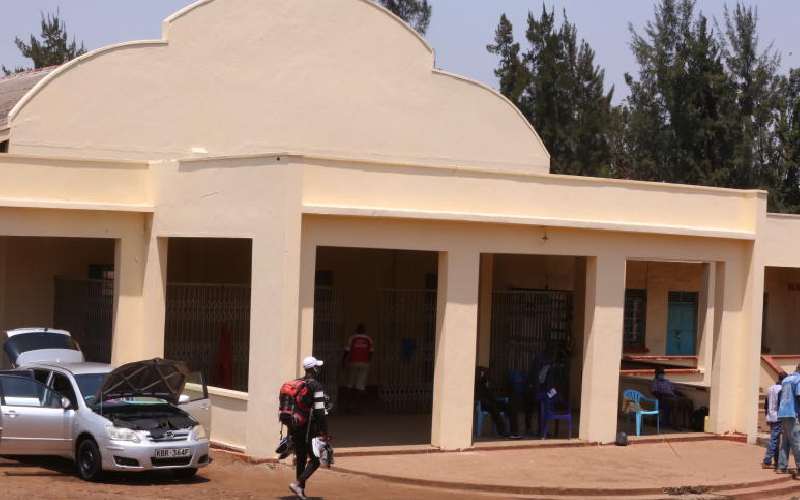×
The Standard e-Paper
Home To Bold Columnists

Business premises at The Ofafa Memorial Hall in Kisumu.[Collins Oduor, Standard]
They have has lost their lustre. The mismatch extensions made of rusty corrugated iron sheets look like diseased limbs jutting out of the stone walls paint a picture of dereliction. This is Ofafa Jericho, which was once like the promised land to the upcoming Africans who were learning to be free after seven decades of servitude.